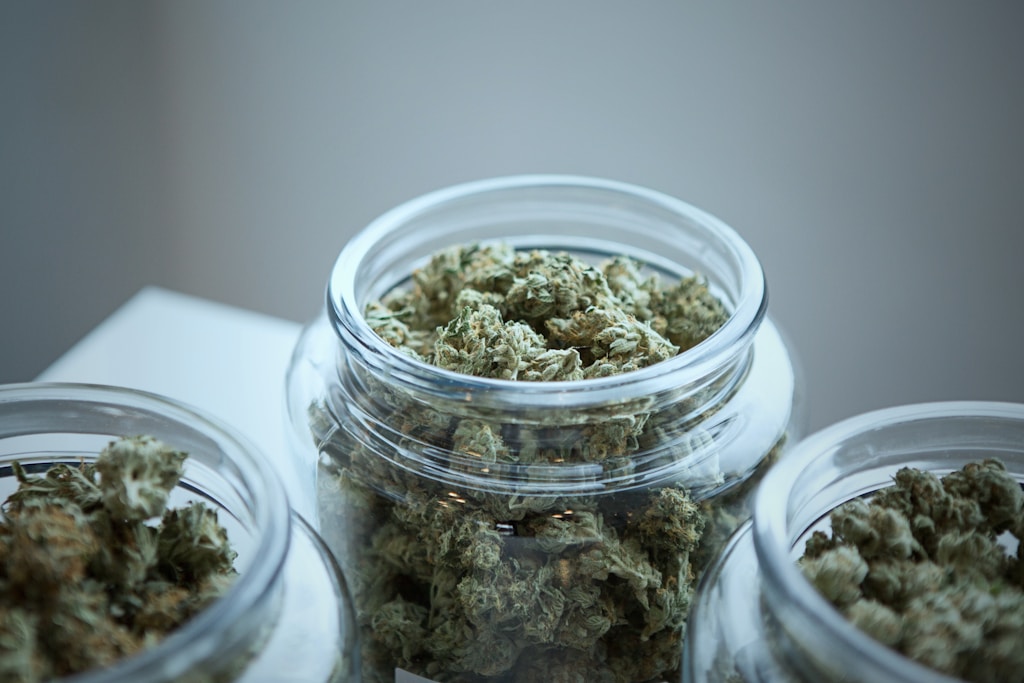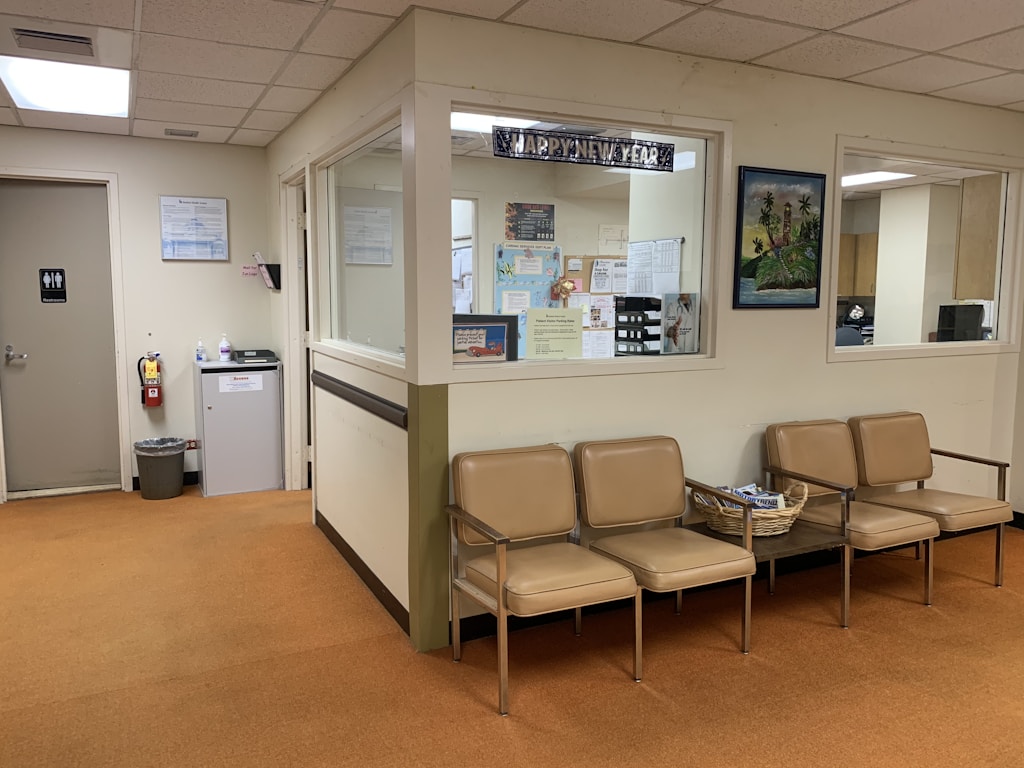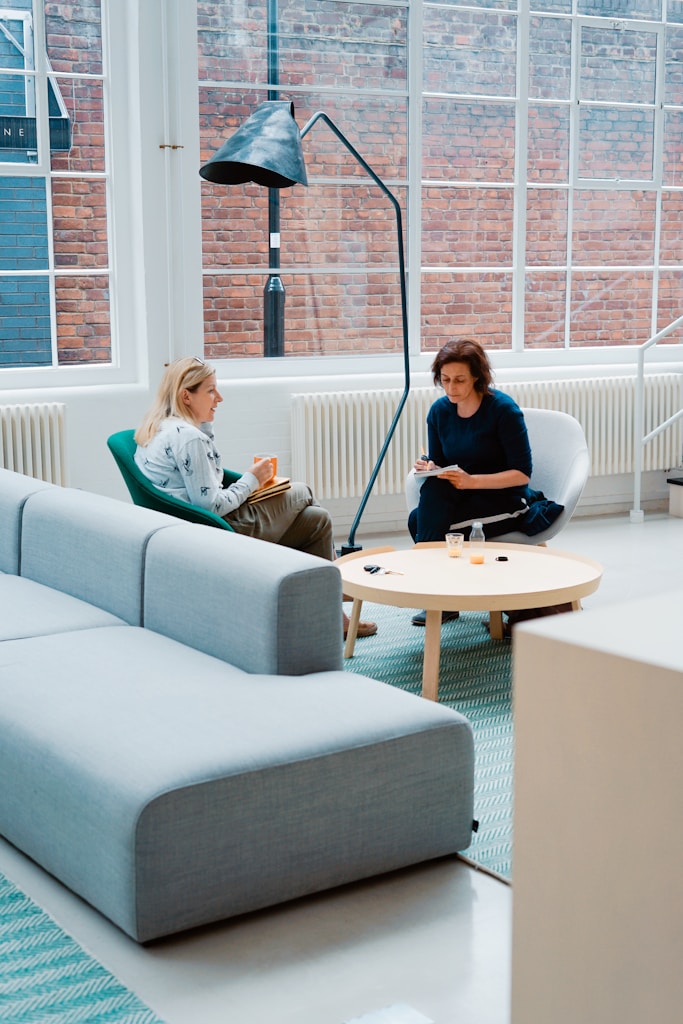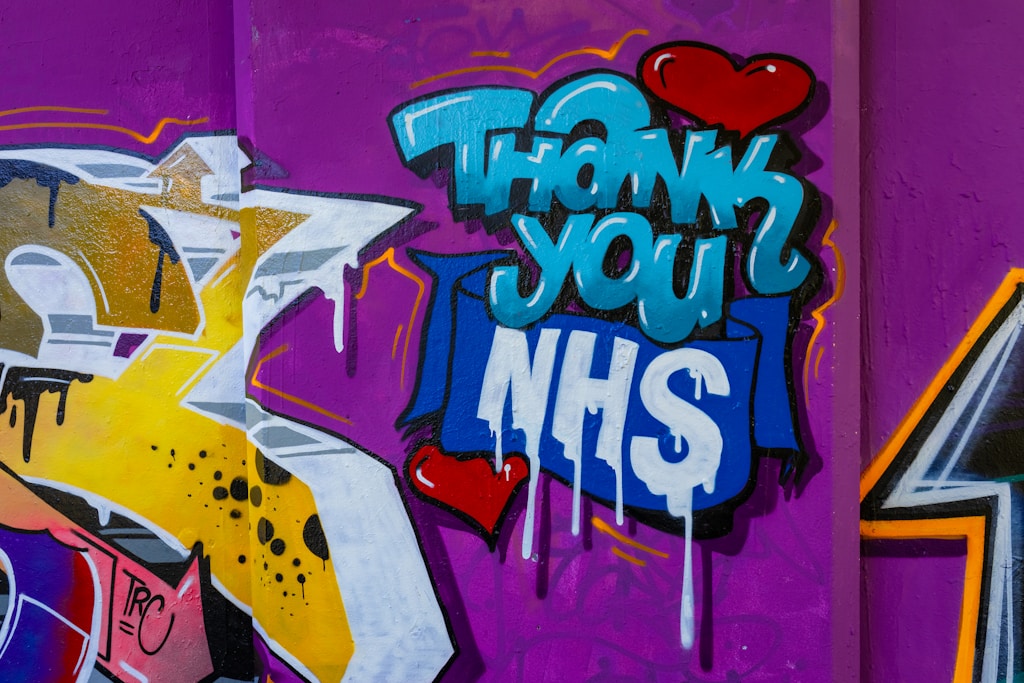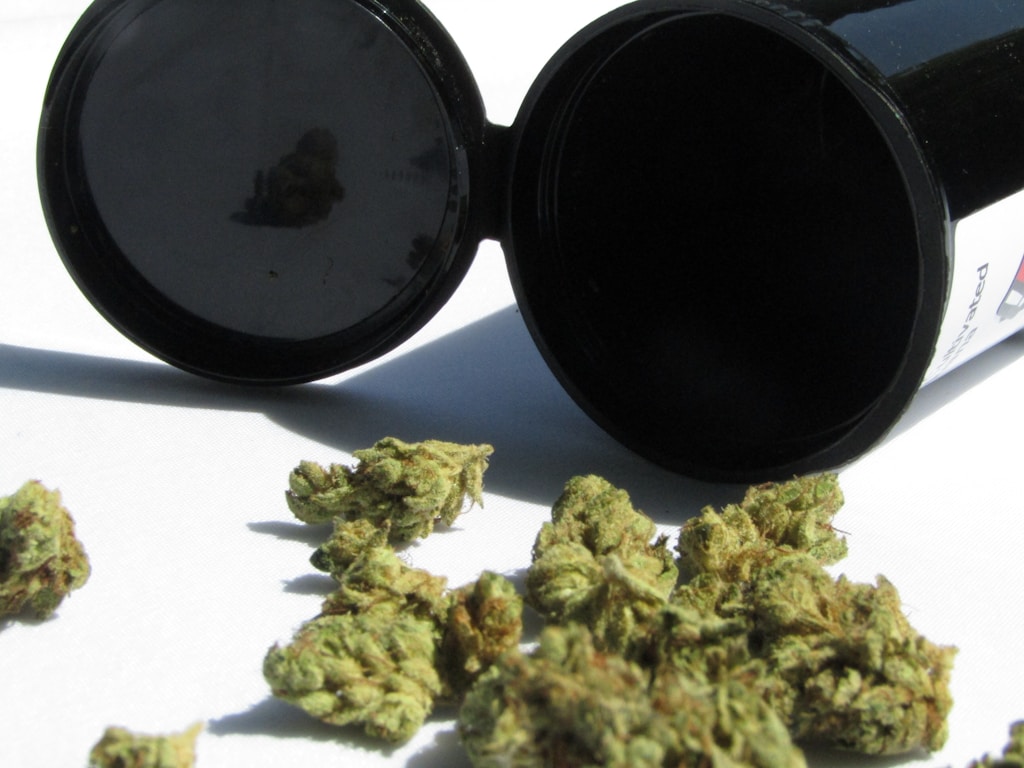I didn’t know what else to call it. It is what it is. I haven’t written anything here in a few months. That’s down to the holidays, my stupid birthday, and then a couple of brand new seizures. My video on the main page is now out of date, and I need to somehow motivate myself to update it, or make a new one. A new one would be better, in every possible way. Let’s see how I feel in the next couple of weeks.
This section is turning into more of an epilepsy blog, so let’s start with my latest incident(s), and build out from there.
[WordPress suggested a trigger warning, because I deal frankly with health issues, physical & mental. That’s what this extra line you’re reading is: A trigger warning. You’ve been warned]
Two for the price of one?
I had two brand new tonic-clonic seizures at the beginning of February. The first one struck me at quarter to midnight on the first Friday of the month. It was 194 days since my last tonic-clonic seizure, which was in July 2023.
It was the first seizure I’ve had that wasn’t in the morning, or very early afternoon. That has never happened before. And I felt fine, and completely normal leading up to it.
Mrs. Hippy went to bed a little before me, and was still awake when she heard me cry out. It’s not really a cry, it’s just the sound of all the air in my lungs being forced out by the tonic portion of the seizure. She says I sound like wounded animal.
Mrs. H. came downstairs to find me in full seizure mode, which she timed at around 5 minutes. When I didn’t recover, she phoned 999, and the paramedics were here 7 minutes later, four medics in total.
It took me 45 minutes to an hour to recover enough to understand what was going on. My tongue was bitten to hell, but I had no other physical injuries. The last thing I remember is thinking I might have had a focal seizure. A lot more on this in a bit.
The next 36 hours, give or take, are a bit fuzzy, because I had a second, full-on, tonic-clonic on the Sunday morning, around 10:30am. I don’t remember anything about that morning, until well after the seizure.
Mrs. Hippy said this one wasn’t as bad as Friday night’s, but from my perspective, it was worse. I was more agitated, and confused. And I bit my tongue even worse, I caught the edge this time. Ouchies.
It took the paramedics 14 minutes to arrive this time, and we topped out at 6 of them inside my house at the very peak of the drama, while I struggled to recover.
My brain seems to come back online in stages, which makes it even more difficult to look after me in the immediate aftermath of a seizure. I am as strong as an ox, and as clumsy as a bull in a china shop at first. I have motor function, but very little motor control. I am semi-conscious as well, but I don’t understand words. I’m not even sure I hear them at first.
When I do start speaking, it’s mostly gibberish. I can’t understand words either. It’s called aphasia, and I have it post-ictally for a short time, as well as during partial aware focal seizures. Again, more on them shortly.
The one thing I always seem to say that is comprehensible is just plain sad. What I say, over and over, is this: “Help me”.
The last part of my brain to come online seems to be my ability to record, or retain memories. So basically, I am semi-functional, and conversing, before I can record the memories of it. It’s like walking into the middle of a movie, or joining a TV show already in progress. It’s disorienting.
This second seizure was also very unexpected, as I’ve never had two seizures so close together… except for the many clusters I’ve had. But when I’ve had clusters, they have been much closer together, minutes in between, to an hour maybe.
Were these two seizures close enough together to be considered a cluster? I don’t have a definitive answer, but my gut says yes. So for the purposes of moving forward, I had two seizures in one weirdly gapped cluster and I am counting this as one incident.
I did ask my GP, and she couldn’t say for certain either, but her inclination was to agree with my conclusion that it was one cluster. If my neurologist disagrees when I eventually ask, I’ll correct this, but based on my count, here are my new stats:
In the last 34 months, I’ve now had:
15 tonic-clonic seizures across
7 incidents.
4 of those incidents were clusters of
2 or more seizures in a row. My worst cluster was
6 seizures in one day. I could have died.
The paramedics have now been called
12 times, resulting in
10 visits to my house and
4 blue light trips to A&E, and
1 hospital stay for
4 days which began with
24 hours of complete sedation…
And that saved my life.
With both new seizures, I declined their kind invitation to spend 12 hours at A&E, but then I never, ever say yes. I’ve only ever been taken to A&E, because I was unconscious, or too incoherent to say “no thank you” at the time. If I’m going to die, I’d much rather die at home.
Focus on this:
Back in November, I wrote this piece, speculating with some actual evidence, that I might be having more than one type of seizure. I feel like an idiot that it took me so long to work all this out, but I got there in the end.
In December, I finally spoke to my neurologist, and she agreed with my hypothesis. For me, this really is the final piece of the puzzle.
Since at least October 2018, I have been regularly experiencing clusters of focal aware, and focal partial aware seizures.
At first, I thought they were two separate phenomena. The first was what I described at the time as “chemical waves of deep sadness and depression”, along with something else I called “brain blips” or “blanking out”, when I would lose a few moments, or more, and not know what happened.
Apparently, it is not unusual for someone to have difficulty recognising they are suffering from focal seizures for a long time. The problem is that the instrument you’re using to interpret the issue, your brain, is the same thing that’s malfunctioning. It’s like trying to use a faulty computer to check if the computer is faulty. It won’t always be able to self-diagnose.
I’ve referenced bits of this before, if you read back some of the earlier pieces here on the #EpilepsyHippy section of my website. I’ve talked about what I refer to as the incident with my car in October 2018. I have confirmed these details with people I knew at the time.
The car incident is this: I somehow ended up on a street I didn’t recognise, with two flat tyres, near my old office, while driving to central London for a nightshift. I had no explanation how it happened.
In my haste to deal with the double flat tyres, and get my car out of central London before the expensive parking restrictions came into effect, I was distracted from thinking about the most important aspect of this: the cause.
After many hours of hassle, I managed to get the car to my local mechanic, who asked me how it happened. And I remember struggling to answer him. I should have given more thought to the cause of the incident at the time, but I just wanted my car fixed.
I wouldn’t actually connect the car thing to my illness until June 2022, nearly 4 years later. And I only had the chance to run this all by my neurologist in December 2023. Not only did she agree with my guess that the car incident was related to my epilepsy, but she said most likely I had other symptoms that I didn’t notice, even before this. I expect she is correct.
I actually first clocked that something was wrong with me in either December 2018 or January 2019. I ignored it at first, as that’s what guys do with medical symptoms, isn’t it? Hopefully, it will just go away on it’s own. Mine didn’t.
With the benefit of hindsight, and my neurologist’s agreement, I now know that what I was experiencing back then were clusters of focal seizures. The waves of depression weren’t chemical, they were electrical. And the brain blips, were the seizures being memory wiped at the end.
I spent a great deal of my phone call with my neurologist in December, talking about these focal seizures. I’ve had them for more than 5 years, but only really worked out what they were in September of last year. That’s five full years, and for half that time I was having tonic-clonic seizures too. I knew they were related, I started to think the focal seizures were my aura… The sensations that precede a seizure… And they are my aura, but they are also a type of seizure in their own right. That’s been a huge revelation for me. I finally understand so much.
My seizures begin in my right temporal lobe. Seizures there are known to cause emotional responses, jamais vu, and memory issues, as well as nausea, and vomiting. I experience all of that. If the seizure in my right temporal lobe is bad enough, it expands to my entire brain, and I have a full-on tonic-clonic seizure. Everything fits with my diagnosis.
The last night I worked, which will be five years ago this March, is something else I’ve dwelled upon for a long time. Again, if you read many of the pieces in this section, you will see me refer to it.
I now know, without a shadow of a doubt, that what caused me to fall apart that night was a cluster of focal seizures. I confused it with a breakdown. I didn’t know for sure if it was neurological symptom, but I did wonder about it, even at the time. Back then, I confused my symptoms with MS, thanks to a well intentioned consultation with Dr. Google.
I requested a referral to my first neurologist, at the same GP appointment, when I was signed off from my job for depression. I had no idea at the time that the two things I saw her for that day, were really the same thing. My neurological issues directly caused my emotional, and psychological issues, by messing with my mood, and brain.
If you’ve ever had good MDMA, this may make sense to you. You know that feeling, the waves of electricity, joy, pleasure, love, whatever you want to call it? It’s why they call it “ecstasy”. Now, imagine instead of love, and joy, you have the same intensity of waves, but this time it’s intense sadness, overwhelming depression, and impending doom. Over, and over again, for hours. That’s what a cluster of these seizures are like. Now, imagine trying to work while experiencing them, while still not knowing what they are. No wonder I broke into a million tiny, little pieces.
And I did break. Badly. It got so bad, that I methodically plotted my exit from this realm. And I would have gotten away with it too, if it weren’t for those pesky, meddling international authorities!
Between the clusters of near fatal seizures, and my own hand, indirectly caused by clusters of partial seizures, it’s just dumb luck (and modern medicine) that I’m still alive, and my epilepsy hasn’t done me in yet.
Why am I still here? Answers on a postcard, please.
Knowing, understanding, and confirming that I’ve been dealing with epilepsy for longer than I initially realised has been a weird comfort for me. Cathartic even. I feel oddly absolved. Like, I’m not crazy, I’m not a hypochondriac, and I’m not imagining any of this. It’s real, it’s not new, and it’s been messing with me for a long time. Being able to finally lay it all out, in a linear, cohesive, narrative, and connect every dot, has brought me an odd feeling of closure.
The hardest thing about the focal seizures, is just remembering you’ve had them. There is a mind wiping quality to them.
When I was discussing this with my neurologist, she asked me how many of them I thought I had. And I couldn’t answer her at the time. Because I didn’t connect the earliest ones to anything, and I confused the more recent ones with being my seizure aura, I didn’t really pay attention to them. If they didn’t lead to a tonic-clonic seizure, then my meds were working. I had no idea they were seizures in their own right. Now, I know. And I’ve started to count, and log the ones I notice, and recall.
So how many have I had? Realistically, somewhere in between dozens, and hundreds. Definitely more than 100, probably less than a 1000. It’s tricky to put a number on something that’s hard to count, or even be certain you had one.
When I had the full-on seizure recently, on the Friday night, I definitely had a focal seizure just before. And even knowing what I know now, I wasn’t completely certain until afterward, and I woke up from the tonic-clonic, that I had the focal seizure. And even if I was certain, I doubt I had a full minute between the focal seizure, and blacking out. It doesn’t give me that much warning.
I do remember putting my iPad down when I had the focal seizure, so I took it seriously enough to protect my electronics. And if the feeling had just passed, I could have picked the iPad right back up again, and I would have forgotten about the brain blink. From now on, I am aiming to err always on the side of caution. If I think I might have had a focal seizure, I’m going to protect myself, and my possessions as best I can.
Now, what?
Moving forward, god I hate that expression. Like, we have choice of moving backward. Moving backward, I am going to go back in time, and fix all the dumb shit I’ve ever done. Anyway…
My neurologist increased the dosage of my current medication, and I am also gradually increasing the dose of a second, new medication. All this is happening about a month later than expected, as the neurologist’s letter with all of these instructions, took two months to arrive. Had it come sooner, would these changes have prevented my most recent seizures? We’ll never know.
I have accepted my fate. I have a rare, complex, hard to diagnose, difficult to treat, poorly controlled form of right temporal lobe epilepsy. One person out of 100 people has epilepsy, but only one person out of 100,000 has the same flavour I have. That means maybe only around 700 people in the entire United Kingdom, have the same thing I do.
One seizure out of 1,000 is fatal for people with well controlled seizures. That leaps to a whopping one out of 150 for people like me, with poorly controlled seizures. I don’t fancy those odds.
Even with the best of care, and intentions, 30% of patients don’t respond well to medication. I am growing increasingly certain I am one of them. My neurologist says it is still too soon to tell, and I have to try at least one more medication that fails, to confirm it. Why wait? I can see where this is headed.
If I have 3 medications fail, they may offer me surgery, which I will most definitely decline. I don’t want a lobotomy. And even though I gave up drinking more than 20 years ago, I would still rather have a bottle in front of me, than a frontal lobotomy. Boom tish.
Seriously, I am way too old, and sad to consider major brain surgery. Like I said, I have accepted my fate, and it’s a numbers game. The more seizures I have, the more likely one of them is going to be fatal. I’m cool with it.
Recovering from a seizure is horrible. It’s like being resurrected, every time. It’s dealing with having a hamburger for a tongue for a couple of weeks. Being slow witted from a course of hardcore benzos for a while too. And most of all, being constantly afraid to leave my house, for fear of dropping in public.
I spend around a month recovering, and after every seizure, I lose a little bit more of myself, that I don’t ever get back. I thought I knew what bad depression was really like, until epilepsy started messing with me. Post-ictal depression is just so relentless, and unrelenting. Yes, I know they are very nearly the same thing. That’s the point. The hopelessness is bottomless.
Death, on the other hand, would solve all my problems, from the financial, to the psychological, and everything in between. And if a seizure strikes the fatal blow, it would be the sort of pleasant death, everyone else could only hope for. I wouldn’t even know I was going, never mind that I was gone. It would be like someone randomly hit my off switch. It would be the most peaceful departure imaginable.
And how do I know all this? Because I have done it 15 times already. The difference being that I’ve been revived, and resurrected after each of those previous seizures. It’s only a matter of time before I don’t come back, and SUDEP or status epilepticus takes me.
Until then, I will just keep trying to have as much fun as I’m able. And after reading all that, how much fun do you really think that is? It should be cocaine sex orgies every day, all day, for all of us, anyway. It’s not just my tiny little world that’s ending. It’s actually everyone’s, but I’m letting my tiny little issues distract me from the bigger, scarier picture. Hey ho.
After a 30 year career as a journalist, working for some of the largest news organisations in the world, including Associated Press and Reuters, and 15 years as a duty news editor for BBC News, Doug – the northlondonhippy is now a full time hippy, and writer. And for the last few years, he’s been #EpilepsyHippy. His life was a whole lot more fun before gaining that new title. For real.
Doug is also the author of “Personal Use by the northlondonhippy.” “Personal Use” chronicles Doug’s years of experience with mind altering substances, while calling for urgent drug law reform. It’s a cracking read, you will laugh, you will cry, and you can bet your ass that you will wish you were a hippy too!
You can also find Doug – the northlondonhippy on Twitter: @nthlondonhippy but only if you look really hard.
And if you want even more, (and who wouldn’t?) you could always check out Hippy Highlights – which is the best of the best stuff on the site, and it’s all free to read. What are you waiting for?






